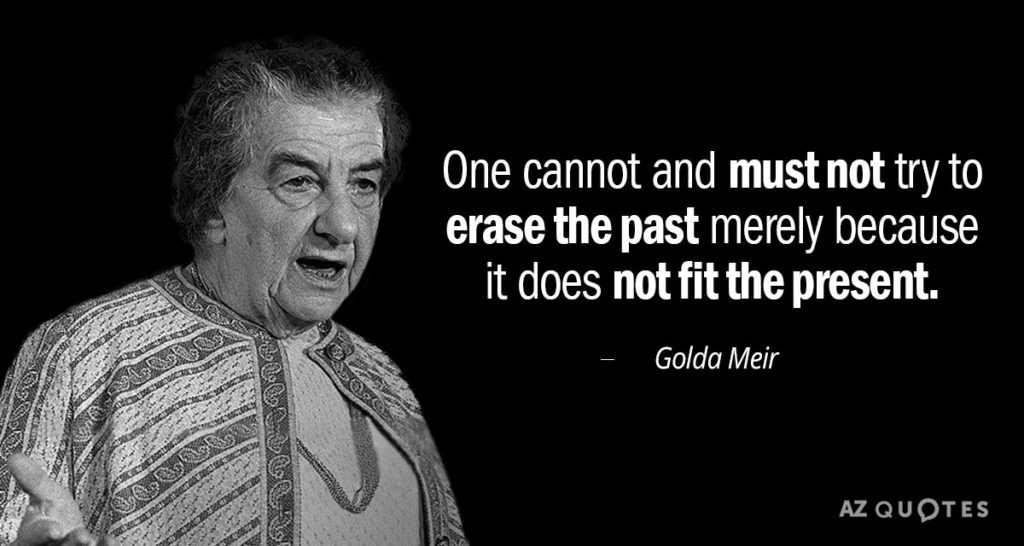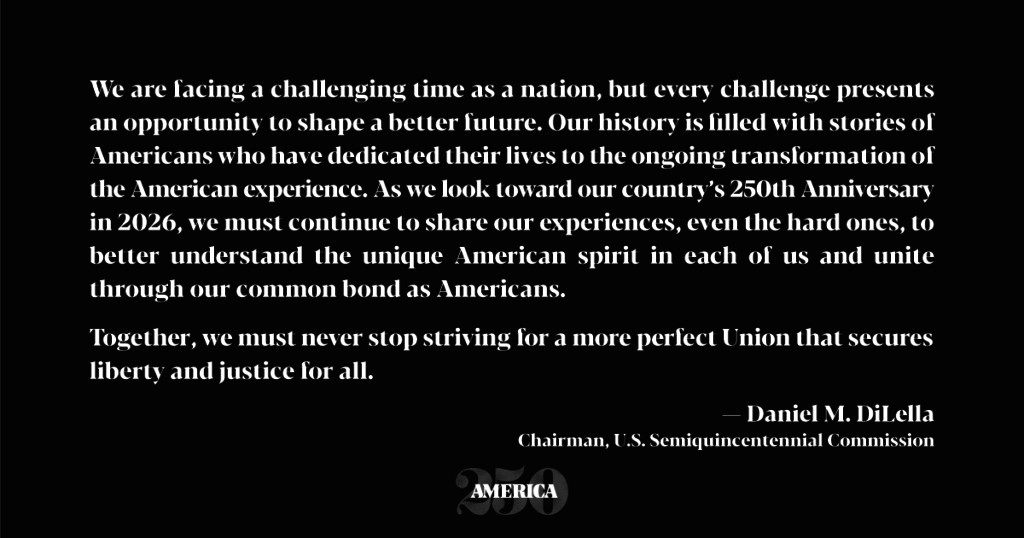The framers of the Constitution stated their intent to establish “a more perfect union.” I recently heard Stephen Fried, author of a wonderful biography of Benjamin Rush, say those words with the emphasis on “more.”
A truly perfect union could only be possible with perfect people. Unfortunately people are not perfect, and governments created by people are not perfect either, especially a union of states with conflicting, interests, lifestyles, and cultures. Striving for unattainable perfection, the founders realized all they could do was establish a union better than that which they had before.
Prior to this Constitution being written, the new “United States” were functioning under Articles of Confederation. Many had come to see the flaws and imperfections with that system. They had just revolted from a Monarchy and were painfully aware of the problems with that system of government. Having an opportunity to start fresh, they put much thought, discussion and effort into framing a government that would be as “perfect” as man could conceive and execute.
Unity Around Principles
Unity among diversity is possible not by somehow making all the same, or forcing conformity to a specific set of actions. It is only possible by unifying around commonly accepted principles, ideals, and values. There may still be much disagreement about the “how”, the specific practices and processes in working toward those ideals. But keeping those principles and values always in mind keeps unity forefront as a goal.
I think it is important to remember, and I think the framers of the constitution realized this, that it would be impossible to form a government anywhere near “perfect” without assistance from a perfect God. With that in mind, the principles upon which a government is founded should align with eternal, God-given principles to be as perfect as possible.
John Adams, in a letter to Benjamin Rush in 1805 stated:
“Is virtue the principle of our Government? Is honor? Or is ambition and avarice adulation, baseness, covetousness, the thirst of riches, indifference concerning the means of rising and enriching, the contempt of principle, the Spirit of party and of faction, the motive and the principle that governs? These are serious and dangerous questions; but serious men ought not to flinch from dangerous questions.”
Quoted in Rush: Revolution, Madness and Benjamin Rush, the Visionary Doctor Who Became a Founding Father, by Stephen Fried
Remember
I hear the judgement of “divisive” being thrown out much these days and specifically after a reaffirmation of those principles under which our country was united. How is remembering the values and ideals held dear and fought for by our founders and defended by courageous people again and again divisive?
We have a shared history as Americans. Remembering that history should unite us. Sure, the remembering of history needs to include diverse voices, but that should add to history, making it more complete. Including many voices should expand understanding and unity. Attempts to erase history or rewrite it to please a few can never be unifying, for it seeks to discredit and forget too many others and their sacrifices for all.

Remembering our history and the sacrifices of previous generations should fill us with gratitude. People in other nations look to us and our government as an ideal. They see in our government a “more perfect union” than what exists in their countries. We as such blessed, favored and privileged citizens should be proud to be Americans.
The American Dream is reaching upward and forward, striving individually and collectively toward perfection. Of course we face problems, but the solutions should move us upward, not backward. Why would we want our union to be “less perfect” – to lessen it in any way through divisiveness?
We are all Americans! We should stand united behind our government, as imperfect as it still is, while striving to continue to perfect it. We should stand united by our shared history, for it is the legacy we have been given. We should stand united around the principles of freedom, equality, justice and humanity and respect the symbols which represent them. We should be united as Americans!

